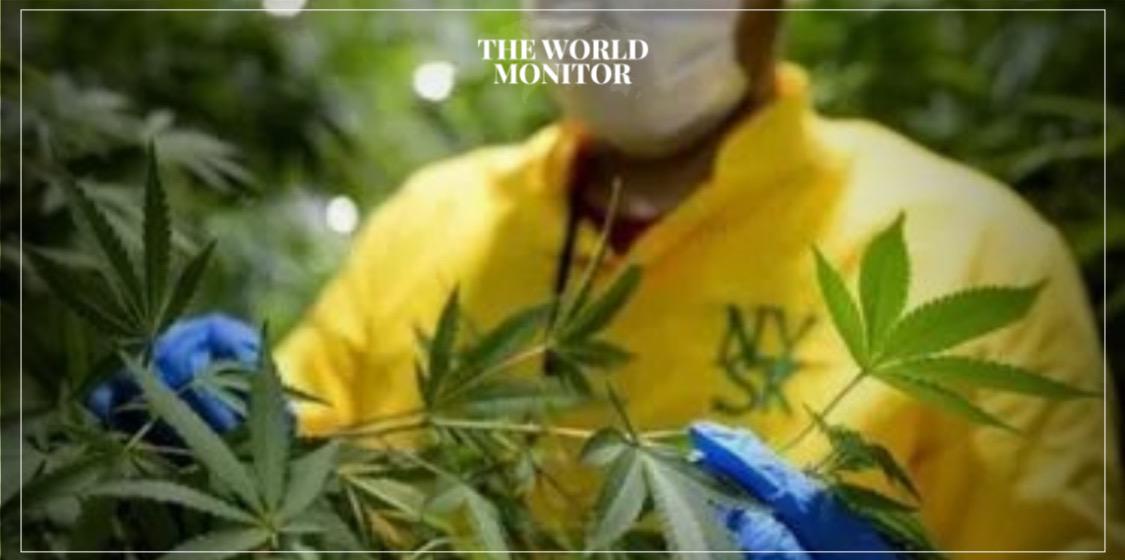Morocco launched on Monday the distribution of cannabis products to pharmacies, marking the beginning of sales to the public starting next week. A specialized company has been granted a distribution license following the completion of necessary legal requirements, which include submitting an application to the National Agency for the Regulation of Cannabis Activities, listing the pharmacies that will conduct sales. This license must be renewed every six months.
The legal cannabis products will be sold exclusively in pharmacies and will not be available elsewhere, as confirmed by an official source to Hespress. This measure is intended to ensure proper monitoring and tracking, as reported by the Moroccan online newspaper “Hespress.”
The production dynamics of Morocco’s second cannabis crop continue under legal frameworks, with around 30 processing units expected to be constructed by 2024, which must be ready before the harvest. Initial data indicates that several investors have made significant progress in purchasing land and obtaining building permits.
On Friday, the permissible THC content, the psychoactive component in cannabis products, was finalized. This applies to various products, including dietary supplements and cosmetics, which primarily use CBD (the non-psychoactive component).
The Directorate of Medicines and Pharmacy has registered nine dietary supplements and ten cosmetic products, according to an announcement by the Confederation of Pharmacists’ Unions of Morocco. The confederation’s statement emphasized that the dietary supplements to be sold will contain cannabidiol (CBD) with a tetrahydrocannabinol (THC) content of less than 0.3%, while cosmetic products must be made with cannabidiol with 0% THC.
Attention was also given to the tracking of the cultivation of the so-called “municipal” variety, planted for the first time this year. Approximately 50% of the licensed area, about 2500 hectares, has been allocated to it. So far, around 90% of the designated area, or about 800 hectares, has been planted, with ongoing tracking of seed importation to cultivate the remaining licensed areas.
Data from “Hespress” indicates that this year’s target is to cultivate over 2500 hectares, compared to 286 hectares last year. Additionally, licenses have been granted to 170 cooperatives, up from just 32 last year, and over 2700 hectares have been licensed to farmers, compared to only 430 last year.






